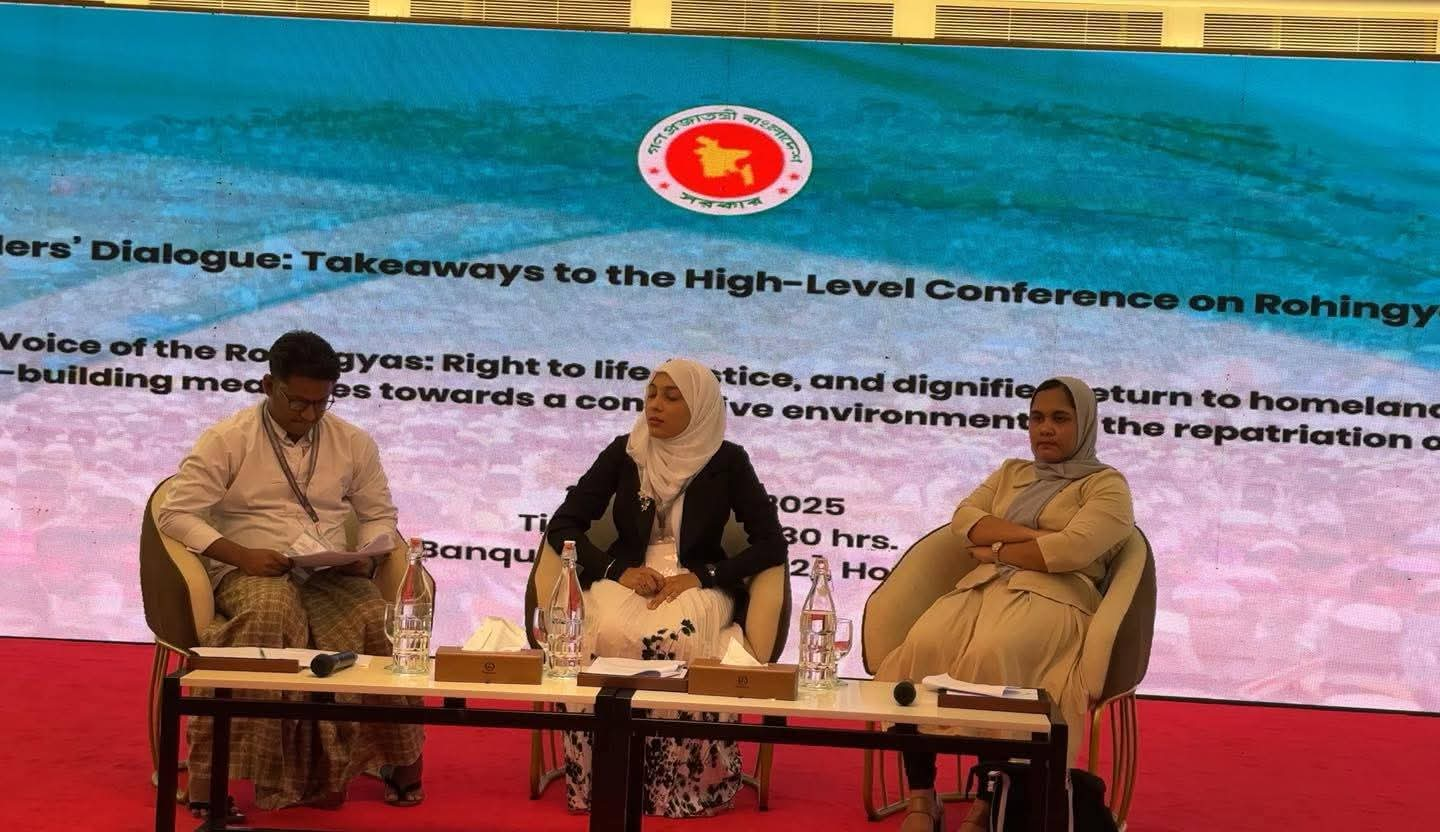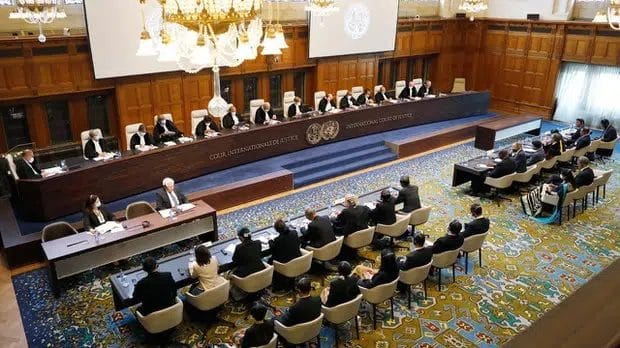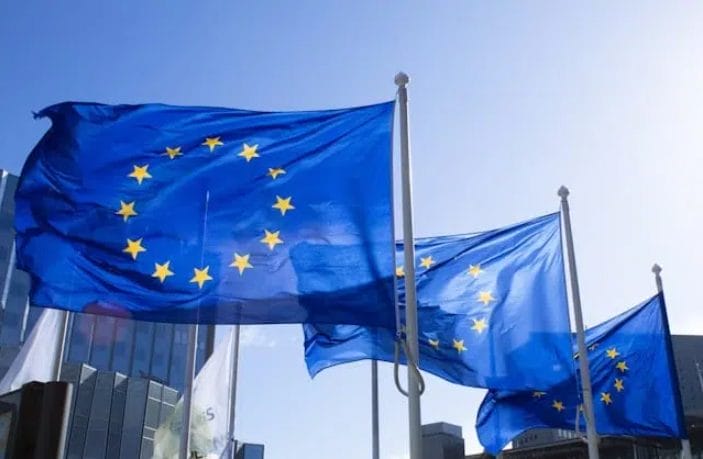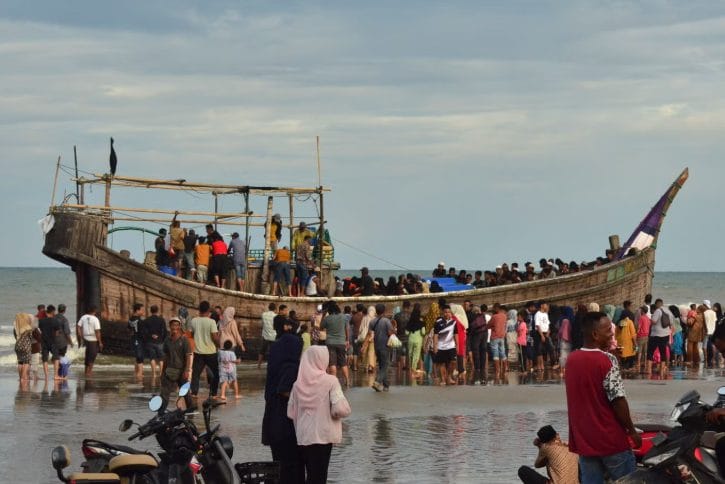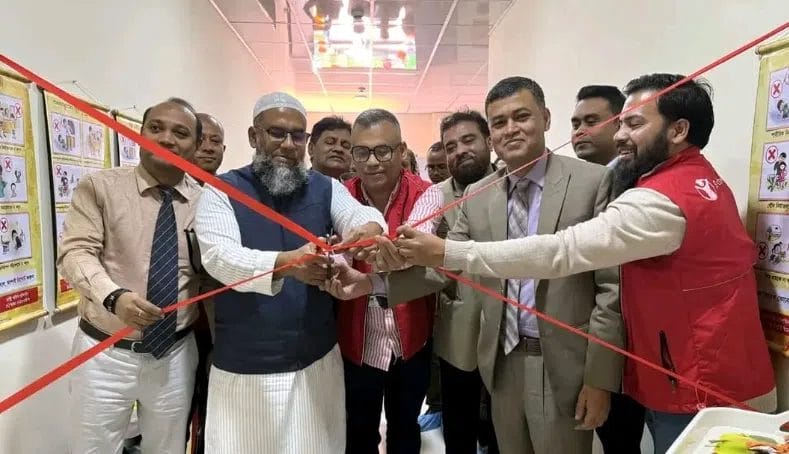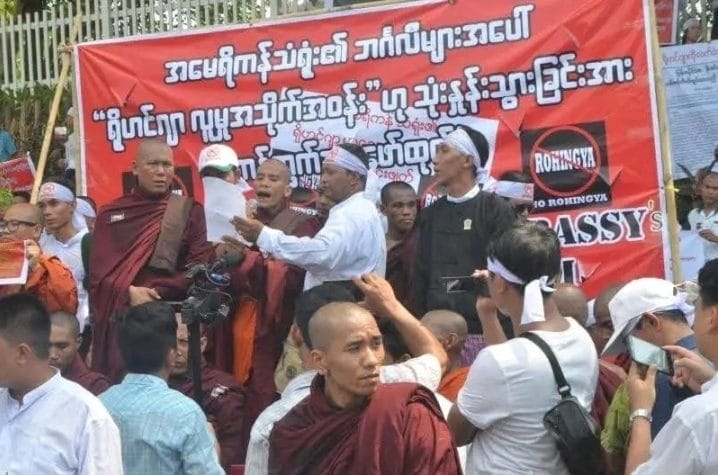Arakan News Agency
An international three-day dialogue titled “Stakeholders’ Dialogue” opened today in Cox’s Bazar, Bangladesh, to address the Rohingya crisis, with the aim of drafting practical recommendations to be presented at the upcoming High-Level Conference on the Rohingya Situation, scheduled for September 30 in New York on the sidelines of the United Nations General Assembly.
The dialogue brings together international and regional officials, including Chief Adviser Professor Muhammad Yunus, Adviser to the Ministry of Disaster Management and Relief Faruq Azam, Bangladesh’s High Representative for the Rohingya Issue and National Security Adviser Dr. Khaliur Rahman. UN representatives are also attending, such as Acting UN Resident Coordinator Rana Flowers, Head of the Independent Investigative Mechanism for Myanmar Nicholas Koumjian, UN Special Rapporteur on the situation of human rights in Myanmar Thomas Andrews, and UNHCR Assistant High Commissioner Raouf Mazou.
The event also includes diplomats, international experts, representatives of the Rohingya community, global organisations, and academics from within and outside Bangladesh, with special emphasis on giving Rohingya men, women, and youth the opportunity to directly share their aspirations, grievances, and hopes with the international community.
The dialogue focuses on five key issues: humanitarian support and funding challenges; developments in Arakan State in Myanmar; confidence-building measures to prepare for the return of refugees; justice and accountability for violations; and long-term strategies for achieving a sustainable, time-bound solution.
Participants are scheduled to visit refugee camps on August 26 to witness the situation of the Rohingya firsthand. Organisers stressed that the recommendations will form a major input to the agenda of the New York conference, which is expected to bring together representatives from nearly 170 countries.
The dialogue comes at a critical moment, eight years after the mass displacement of the Rohingya in 2017, amid declining international funding and escalating violence in Myanmar. Foreign Affairs Adviser Muhammad Touhid Hossain stressed that the interim government is focusing on ensuring continued aid, keeping the crisis high on the global agenda, and facilitating the voluntary and safe return of the Rohingya to their homeland.

